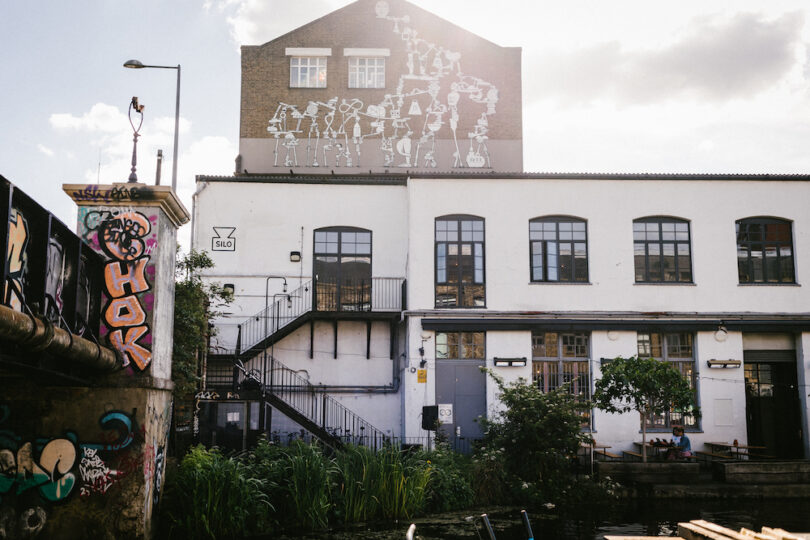We live in a wasteful society. All too often, we buy goods and throw them away with little thought about what happens to them or how it affects our planet. Times are changing, and the movement towards a more sustainable way of life is on the rise, but we still have a long way to go to achieve a true zero-waste economy. Yes, we all understand the small everyday changes we can make to live more consciously. But can we switch our focus from that of a linear economy to a circular economy?
The Silo in London is a zero-waste restaurant. They are highlighting to the world that it is both achievable and desirable to run a sustainable business. At Silo, they believe waste is a failure of the imagination. This is a powerful way of looking at it. Companies do not need to see achieving zero-waste as an arduous task but as an exciting opportunity to change our modern-day choices and look after our planet.
Moving From a Linear to a Circular Economy
A linear economy is one in which we use resources, often not to their full potential, and throw them away. The focus is on making a profit despite the product’s lifecycle or long-term impact on our environment.
On the other hand, a circular economy is a system where materials never become waste. Products and materials are kept in circulation through processes like maintenance, reuse, recycling, and composting. The circular economy tackles climate change and other global challenges, like biodiversity loss, waste, and pollution, by removing the link between economic success and the consumption of finite resources. The circular economy focuses on three important principles: eliminating waste, circulating products and materials and regenerating nature by supporting natural processes.
The food industry is a crucial place to start when achieving circularity. Our global food production is a significant driver of climate change and relies on finite resources and fossil fuels.
Silo owner and chef, Douglas McMaster, explains why he believes the food industry needs to move towards a circular approach:
“The earth has finite resources that we’re running out of. Furthermore, the current systems are destroying the natural world. There is no future of food without finding sustainable food systems.”
The Silo Way
Silo was the first zero-waste restaurant and is working to alter how the food industry is viewed. They show great respect for the environment with their techniques and focus on cutting down food miles and over-processing while preserving the nutrients and integrity of their ingredients.
Circularity and zero-waste have been accomplished by trading directly with farmers as locally as possible, using reusable delivery vessels and choosing local ingredients that generate no waste. Any remaining scraps of food are then composted- closing the loop.
Silo focuses on clean farming and pure foods. They provide high-quality, pure foods and adopt a more primitive diet by combining modern and ancient methods. At Silo, they prefer food sources that require little to no processing and create everything on-site from its whole form. Furthermore, they have their own flour mill, an on-site brewery, churn their own butter and make their own oat milk.
It is not just cooking that Silo focuses on. Their furniture and fitting are also created sustainably, maintaining their circular economy goal. They chose to upcycle, with many of their materials otherwise being wasted. If you were to visit, you would notice that the plates are made from plastic bags and the tables from food packaging. The light shades are created from mycelium grown on used brewing grains, and the crockery is from crushed wine bottles! These inventive solutions have allowed them to achieve zero-waste in style.
A Role Model for Other Businesses
The Silo is a great role model to other restaurants, cafes and businesses in general. They show that it is possible to create tasty natural foods whilst achieving circularity and zero- waste. It proves that zero-waste food businesses are financially viable and do work! Cooking for a circular economy is the future, and I’m sure we will see many more restaurants following in the footsteps of Silo in the coming years.
McMaster concluded:
“ Being open to change is the first step, this is often the biggest step. I believe a big shift will swing with the generation; the Gen-Z’s are all thinking about how cooking is connected to the environment.”







